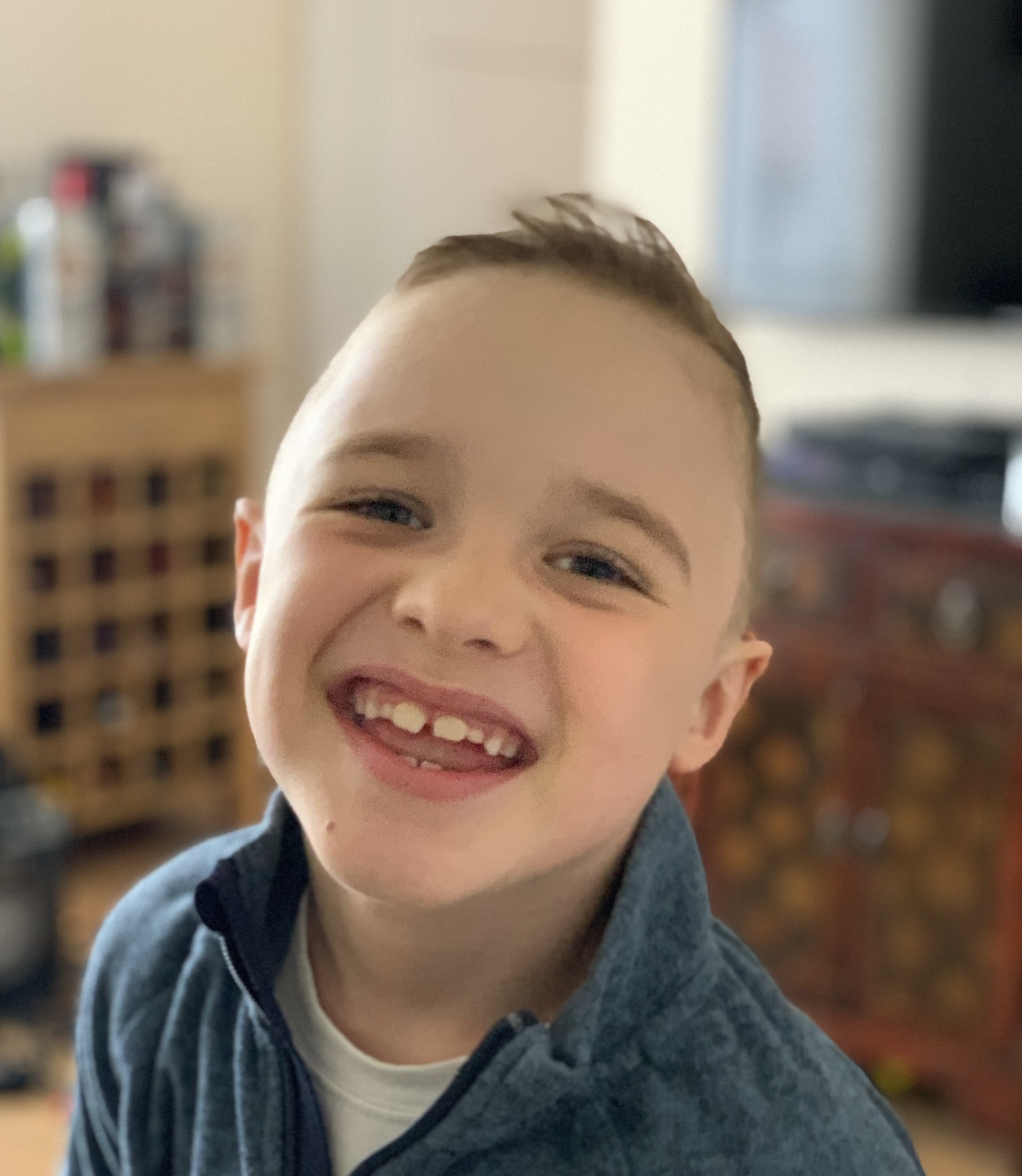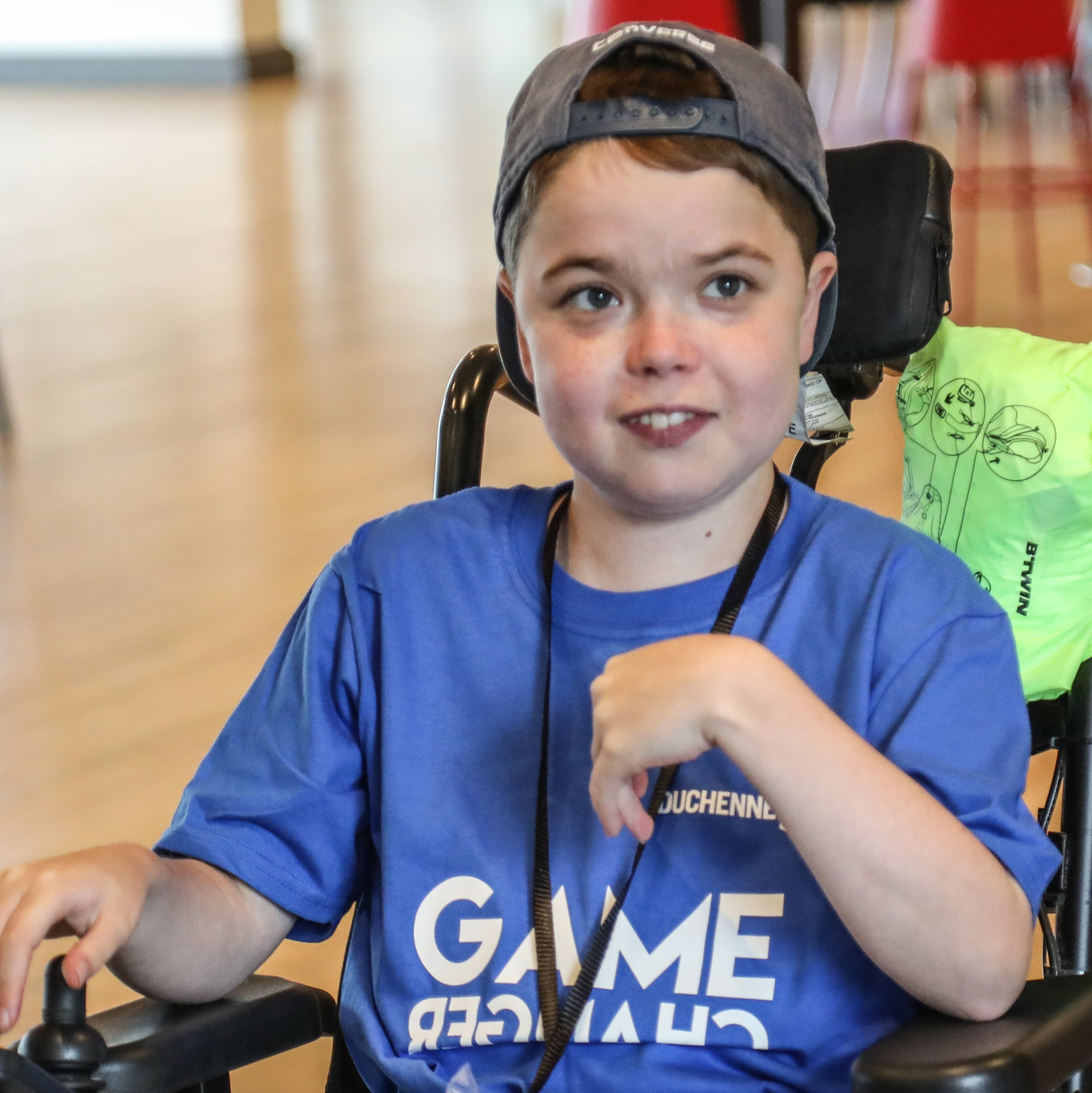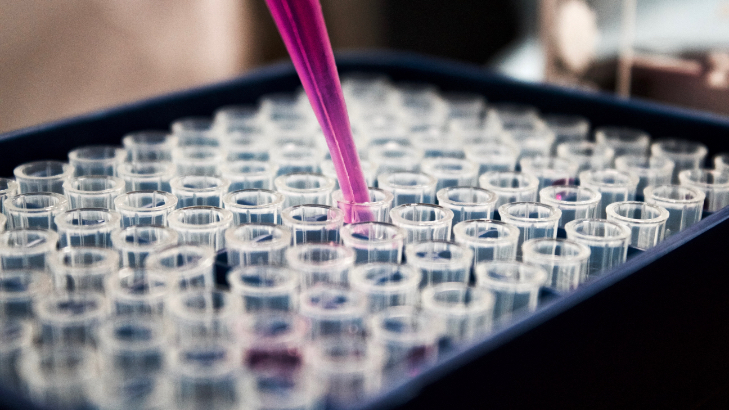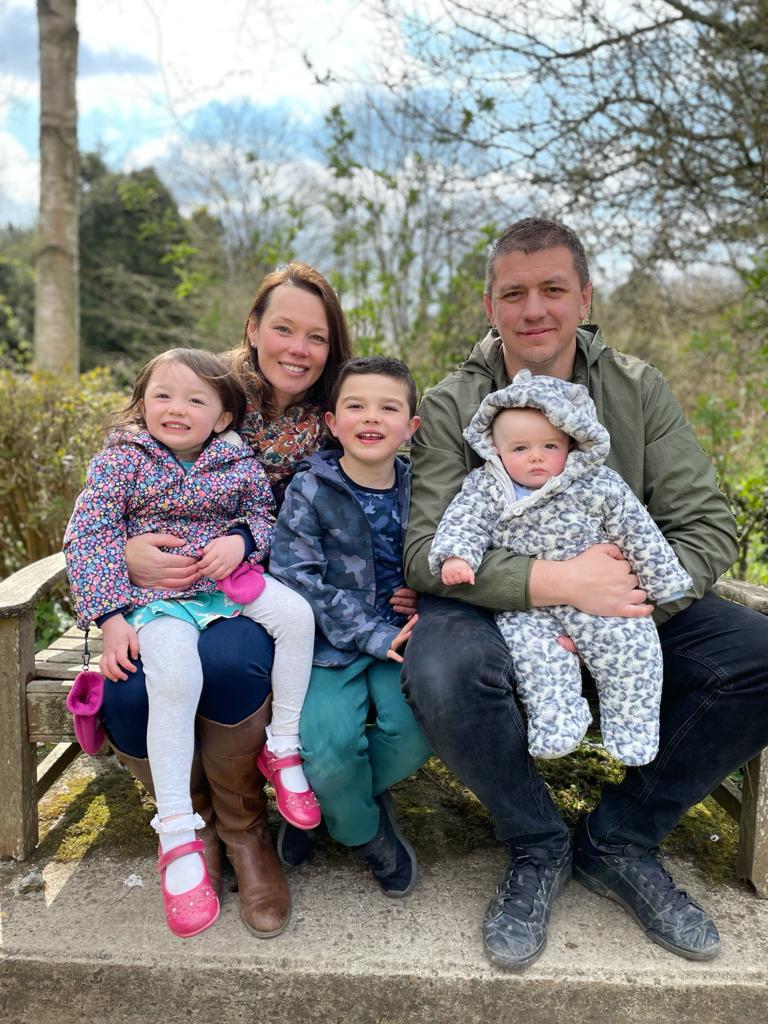About DMD
Duchenne muscular dystrophy (DMD) is a progressive condition diagnosed in childhood. It causes all the muscles in the body to gradually weaken.
There is currently no cure for Duchenne, but there is hope. We are at the forefront of advancing treatments and care for everyone affected by the disease.






 Current treatments
Current treatments



